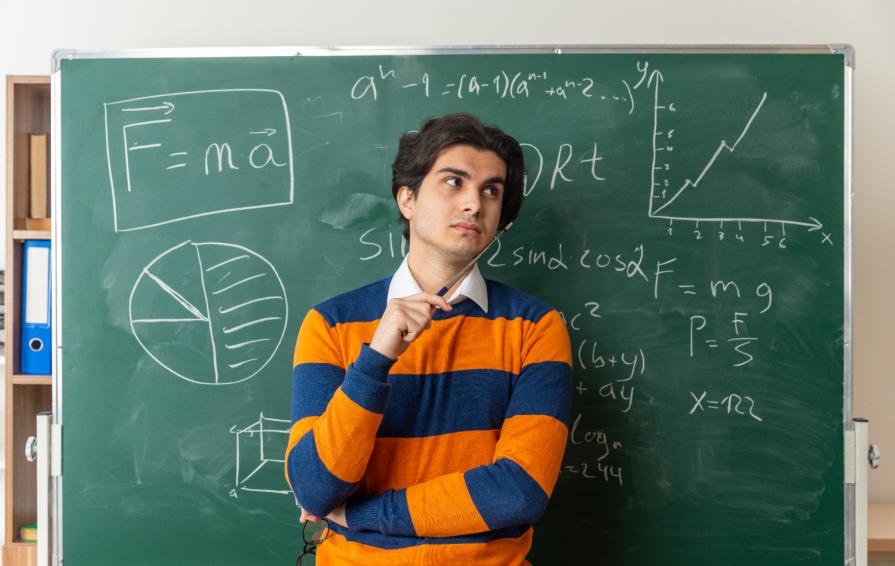The education of moms and dads affects children's success in math more than psychological problems and memory. According to recent research, students of parents who have a university degree receive grades in this subject 41% higher.

However, the socio-economic status of the family also plays an important role.
Many scientists are convinced that those schoolchildren who had C's in algebra and geometry are worse off in life, cannot find a good job after graduation and are more likely to fall into depression. Therefore, the researchers wanted to study what affects students' performance in mathematics. It turned out that studying is affected by Internetization — this is when people constantly scroll through the same problem in their heads. This is very typical for anxious people, because of this, all the strength and emotions go nowhere, and children study worse. The second important point that affects learning is working memory: it processes and retains information in the head, affects academic success much more than IQ.

Scientists from the University of Sussex decided to study what factors affect students' performance in mathematics. To do this, they took the results of tests in algebra and geometry from schoolchildren from 6 to 16 years old, took into account the emotional state of the child at 11 years old, temperament at 3 years old, IQ at 8 years old and working memory at 10 years old. They also looked at the education of the students' parents, socioeconomic status, and trauma.
Working memory and internal reflection had the greatest impact on children's academic performance, but emotional intelligence had almost no effect on grades. Most A's in mathematics are among boys with a high IQ, whose parents have higher education.

Overall, mom and dad education has the biggest impact on student success, according to this study.
Then the scientists decided to find out whether the above factors affect the grades in mathematics of schoolchildren from 6 to 16 years old: they realized that students independently improve their progress in algebra every year by 53%, without any additional conditions.
But in this study, scientists did not take into account the environmental situation in the region! But researchers from China realized that those children who study in areas with polluted air do poorly on math tests.









